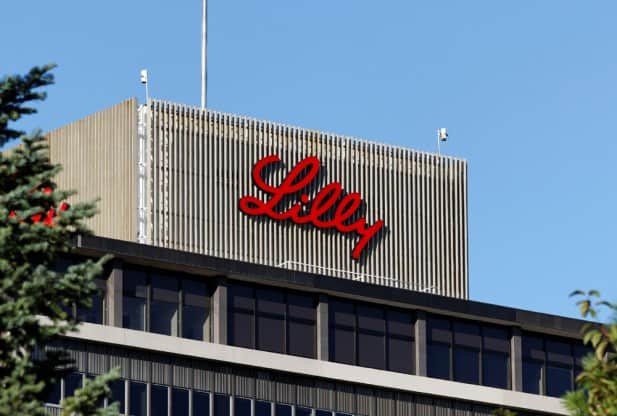
Lilly and Novartis face legal challenges
pharmafile | June 25, 2015 | News story | Medical Communications, Sales and Marketing | Gleevec, Glivec, Novartis, cymbalta, imatinib, lilly, zyprexa
Judges in California have ruled that Lilly should face claims it failed to fully disclose the extent of post-withdrawal side effects linked to its blockbuster antidepressant Cymbalta.
Lilly will defend accusations that it failed to reveal the full extent of side-effects that occurred when people stopped taking Cymbalta (duloxetine), which included neurological symptoms such as electrical shock sensations referred to as ‘brain zaps’, nausea, vomiting and insomnia.
US District Judge for Los Angeles Steven Wilson ruled that the lawsuits – brought by more than 5,000 claimants – raised legitimate questions about whether the US firm’s warnings about the withdrawal risks were adequate. Judge Wilson rejected Lilly’s bid to have the lawsuits thrown out of court, and set the first trial date for August.
According to court documents the former Cymbalta users say Lilly downplayed the withdrawal risks on the drug’s warning label, which said that only about 2% of people who took the drug experienced side effects when coming off the medication.
However, the lawsuits claim that some studies have found more than 40% of Cymbalta patients have withdrawal side effects after stopping the medicine, and that Lilly disclosed on warning labels in Europe that 45% of users reported experiencing some withdrawal symptoms after they stopped taking the drug.
Lilly spokesman Scott MacGregor says: “We believe in our defenses to these claims and we will continue to defend Lilly vigorously.”
The company was hit by lacklustre sales in 2014, after the patents for former blockbusters Cymbalta and antipsychotic Zyprexa (olanzapine) expired. Cymbalta had been the company’s best-selling drug, but its US sales decreased by 94% to just $69.4 million after the drug came up against generic competition in December 2013.
Novartis woes
Patents are at the centre of a class-action lawsuit filed against Novartis in June in the US District Court for Massachusetts. The lawsuit claims the Swiss firm’s patent infringement suit against Sun Pharma was a ‘sham’ used to delay generic Gleevec in the US (Glivec in the UK, or imatinib).
The lawsuit also seeks a permanent injunction to allow generic competition for Gleevec, to prevent Novartis or Sun Pharma from enforcing the terms of a settlement agreement that will otherwise delay the launch of generic Gleevec for seven months.
The drug’s compound patent expires on 4 July this year and two generic versions of the drug have already been tentatively approved by the FDA. But the lawsuit claims Novartis unlawfully barred generic maker Sun Pharma from releasing its generic version of Gleevec for at least an additional seven months.
The legal documents say Gleevec has earned Novartis over $13.5 billion in US sales. The suit calls Novartis’ efforts to delay generic Gleevec ‘patent gamesmanship and frivolous litigation’.
Thomas Sobol, a partner at Hagens Berman who is representing the claimants says: “If Novartis played by the rules, a generic version of Gleevec would be available for cancer patients this July, but Novartis wants to illegally reap benefits from of its sham of a patent infringement suit.”
Lilian Anekwe
Related Content

Novartis receives SMC approval for early breast cancer treatment
Novartis has announced that its treatment for early breast cancer, Kisqali (ribociclib), has received approval …

Novartis candidate for Sjögren’s disease presents positive results
Novartis has reported positive results from two phase 3 clinical trials – NEPTUNUS-1 and NEPTUNUS-2 …

First malaria medicine for infants under 4.5kg receives approval
Coartem (artemether-lumefantrine) Baby, or Riamet, has been approved by Swissmedic as the first malaria medicine …






